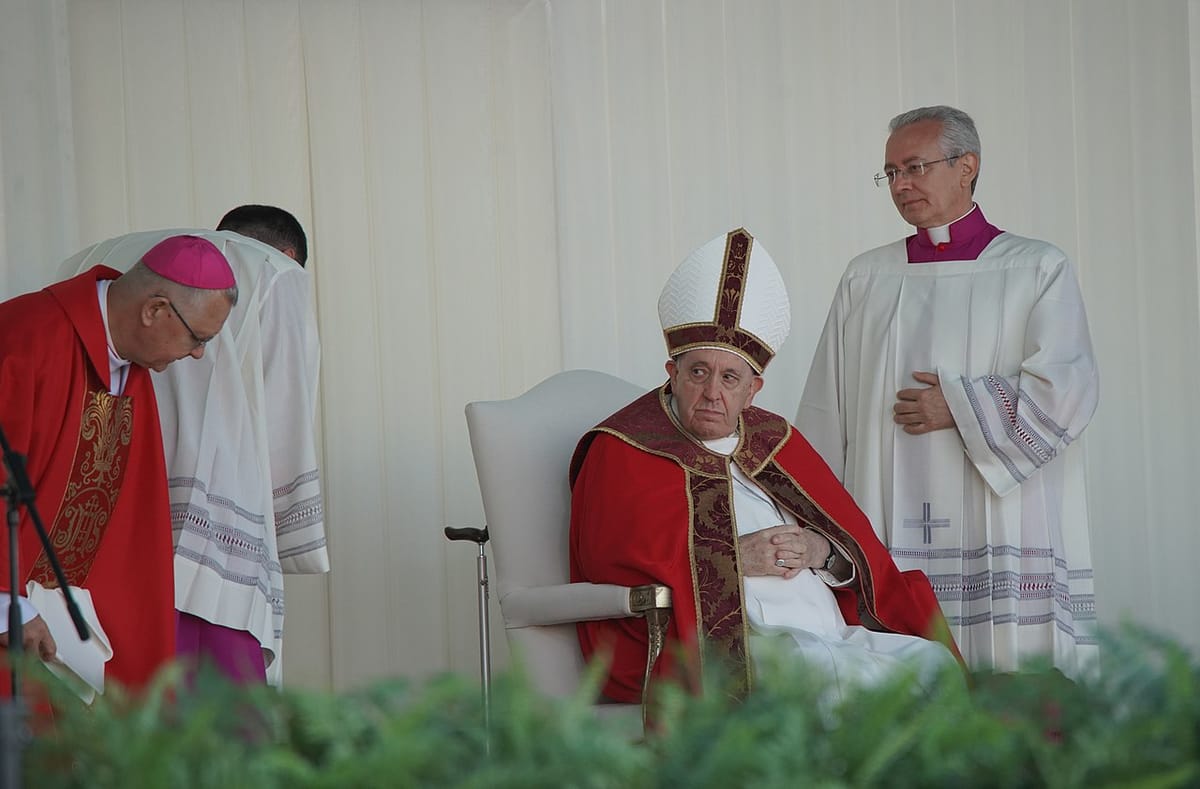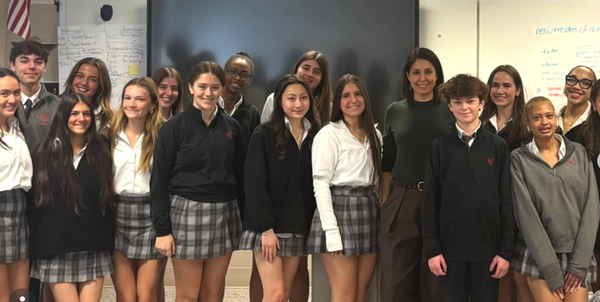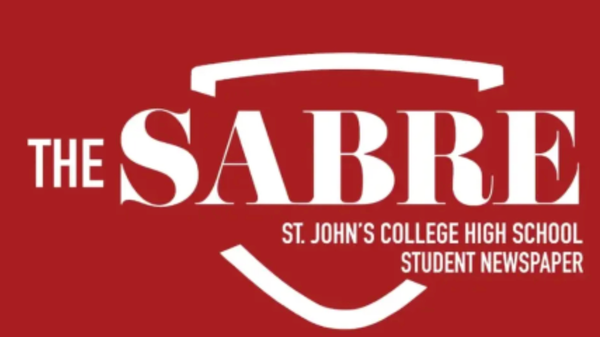Pope Francis

On Easter Monday, April 21, news broke at 7:35 a.m. that Pope Francis had "returned to the house of the Father."
Millions of people around the world are mourning the loss of a beloved pope. Pope Francis was ultimately one of the most influential modern popes. During his time, he advocated for peacebuilding, a more inclusive Church, action on climate change and the environment, and much more.
Pope Francis was always a major advocate for the climate and environment and wrote a papal encyclical addressing it. The encyclical, Laudato Si’, urged world leaders and individuals to take greater strides toward protecting the Earth, our home. Since publishing this 2015 document, he has expanded on it by emphasizing the connection between caring for the Earth and caring for the poor. He warned that the most vulnerable people in our society are affected first by environmental destruction. He also emphasized the need to prevent pollution and to eliminate practices that harm the environment and the people who are called to care for it.
During his papacy, Pope Francis worked to modernize the Church, to make it more open and understanding, and to reform past ideas. He worked to bring the Church closer to today’s world and its issues. Some of the things he did included advocating for LGBTQ+ rights and for women in the Church. From the beginning of his papacy in 2013, he focused on including all people and making sure that the Church listened not just to the higher clergy but to everyone. He also worked to make the Church more inclusive toward women by creating roles for them and saying that their voices must be heard in decision-making. While the Church does not allow women to be priests, Pope Francis appointed many women to higher positions in the Vatican.
While in office as pope, Pope Francis advocated for an end to wars and a call for peace. At the Easter blessing, the day before he passed, he echoed his previous words, urging many leaders to put down their arms and turn to dialogue to end the injustices of war. While the war between Russia and Ukraine continued, the pope consistently showed support for Ukraine while urging them to “have the courage of the white flag” and work toward ending their suffering. Another act of peace advocacy was his visit to the bombing sites of Nagasaki and Hiroshima, where he delivered a plea against bombs and nuclear weapons, calling their use and possession “immoral.” He also worked with Israeli and Palestinian leaders to advocate for peace between the two peoples. Since the escalation following the October 7 attacks, he has advocated for a ceasefire and the release of hostages.
Pope Francis, born Jorge Mario Bergoglio in Argentina, was the first pope from the Americas. When he was a pastor in his home country, he traveled exclusively by bus and public transit. Not only was he a priest, but he was also a teacher at several colleges throughout South America. In 1969, Bergoglio was officially made a priest, a role he served in until 1992, when he was made a bishop, and nine years later, a cardinal. He was elected to the papacy on March 13, 2013. Throughout his life in the Church, Pope Francis advocated for an inclusive and understanding Church.




